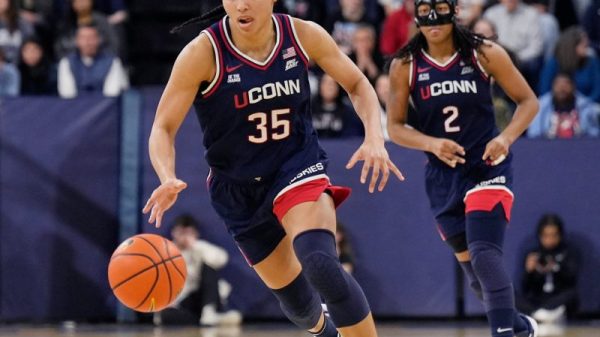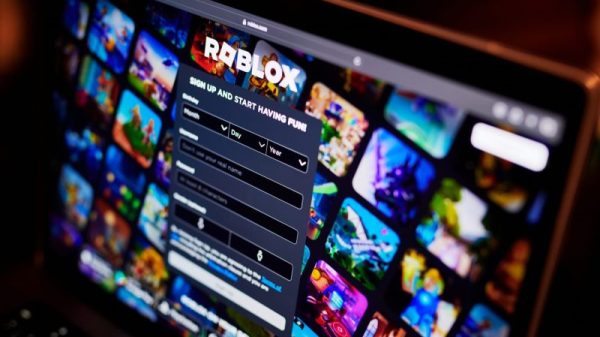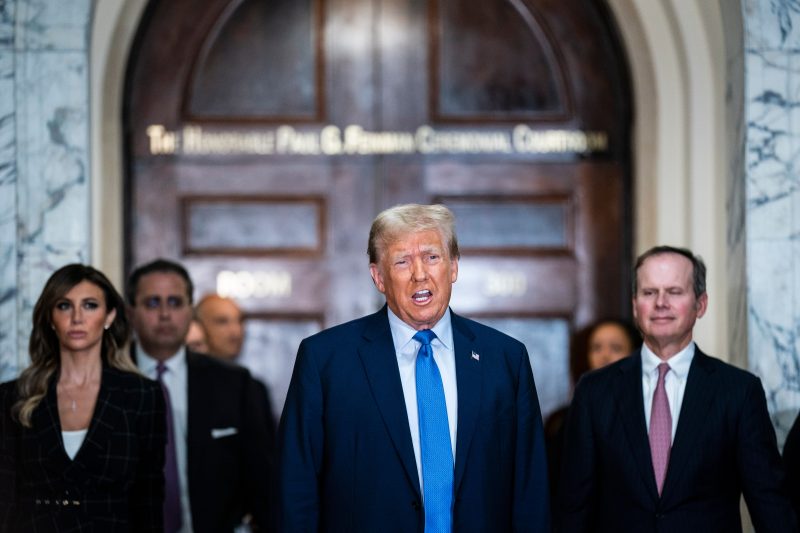Special counsel prosecutors said Monday they plan to show at trial that Donald Trump lied repeatedly about the results of the 2020 election as part of a conspiracy to subvert the legitimate results. But they also said they don’t need to prove whether Trump believed he lost the race.
Legal experts have debated the importance of Trump’s state of mind in his federal election subversion case in D.C., with some arguing that to win a conviction the government must pin down the true beliefs of a politician who amassed a long record of making false or misleading claims while president. The Justice Department weighed in on the debate for the first time, saying that what they need to prove is not that Trump believed the “Big Lie” of the election being stolen but that he knowingly spread associated lies in a criminal scheme to stay in power.
Lies will be key to special counsel Jack Smith’s case, as the government indicated by using “deceit” 46 times in the 79-page filing, including saying Trump is guilty of “perpetrating an unprecedented campaign of deceit to attack” the election, Congress’s certification of the vote, and Americans rights to have their votes counted.
“Just as the president of a company may be guilty of fraud for using knowingly false statements of facts to defraud investors, even if he subjectively believes that his company will eventually succeed, the defendant may be guilty of using deceit to obstruct the government function by which the results of the presidential election are collected, counted, and certified, even if he provides evidence that he subjectively believed that the election was ‘rigged,’” the prosecutors wrote.
Prosecutors said they will point to several specific claims made by Trump and his unindicted co-conspirators to prove the “deceit” that is necessary to prove fraud against the United States, one of the four charges he faces in D.C. Those include various baseless allegations that dead or ineligible voters cast ballots, that voting machines changed votes from Trump to Biden or that election workers added fake ballots for Biden to vote totals. In each case, prosecutors said in the indictment, Trump and his allies had been informed the claims were false. Prosecutors say deceit can also be shown through co-conspirator Rudy Giuliani’s false assurances to “fake electors” that they would only be deployed if litigation changed the election results.
The government said they would also prove Trump obstructed Congress in part through deceit, but also by threatening a state official with criminal prosecution and by directing an angry mob to the Capitol on Jan. 6, 2021. The final charge against Trump, violating a civil rights statute, requires showing only that he had the intent to keep some votes from being counted, the government said.
In their own filings, Trump’s attorneys have argued that he was entitled to reject any and all the information he was given and share contrary views publicly and privately. Prosecutors responded that Trump’s awareness of the truth is an issue for trial.
Tim Belevetz, a defense attorney and former federal prosecutor, said that’s because at this stage the judge is not looking at the facts but only at whether the charging language itself is sufficient to allege a crime.
“Did the president actually believe that what he was saying was true — that’s a question for the jury,” Belevetz said. “It would generally not be the type of basis on which a judge would toss a case out pretrial.” As for how a jury might evaluate that defense, Belevetz said that in white collar cases prosecutors often point to what advisers told a defendant as evidence of dishonestly. And “a lot of times the defendant believes that he or she is the smartest person in the room.” Whether that’s exonerating, he said, “is for the jury to determine.”
Trump’s lawyers separately contend all of his statements about the election “are fully protected by the First Amendment, regardless of the Government’s view of their truth or falsity.” Prosecutors responded that “the First Amendment has never been thought to foreclose the prosecution of long established crimes — such as conspiracy, fraud, bribery, extortion, blackmail, or aiding and abetting — that are committed wholly or in part through speech.”
The government has the correct view, said Ira Lupu, a First Amendment scholar at George Washington University. “People are always making this argument, and it’s just wrong,” he said of Trump’s contention that he can’t be punished for his speech. “The First Amendment does not protect the use of words in fraud, it does not protect the use of words to form a conspiracy. It does not protect the use of words to try to induce someone to commit an unlawful act.”
Prosecutors also fired back at Trump’s claims that he was only doing what other presidents or their supporters had done in past elections.
“The defendant also claims that he could not have known his actions were criminal because, in the past, others who have questioned, challenged, or protested election results were not prosecuted,” the government wrote. “But the defendant stands alone in American history for his alleged crimes. No other president has engaged in conspiracy and obstruction to overturn valid election results and illegitimately retain power.”
While various parties have challenged election results before in Congress, the electoral college and in court, prosecutors said none of those efforts involved deception or a wholesale refusal to reject the results.
“The existence throughout history of legitimate electoral disputes does not validate the defendant’s corrupt and dishonest actions any more than the existence of legitimate investment offers validates the creation of a criminal Ponzi scheme,” prosecutors wrote.
In another dive into history, prosecutors rebuffed Trump’s claim that he cannot face criminal charges after being impeached and acquitted by Congress. The government quotes Alexander Hamilton writing in the Federalist Papers that although Congress may not criminally prosecute federal officers, they are “liable to prosecution and punishment in the ordinary course of law.” Trump “was never previously placed in jeopardy of life or limb, so the Double Jeopardy Clause is entirely inapplicable,” the prosecutors wrote. “And even if the Clause did apply, the criminal prosecution in this case does not charge the same offense as was at issue in the defendant’s impeachment trial.”
Prosecutors also urged the judge to reject the Trump defense’s claim that he was a victim of political persecution by the Biden administration, and attempt to toss references in his indictment linking him to the violence of the Jan. 6, 2021, attack on the U.S. Capitol because he is not charged with inciting that riot.
“The Court should recognize the defendant’s motion for what it is: a meritless effort to evade the indictment’s clear allegations that the defendant is responsible for the events at the Capitol on January 6,” prosecutors said. They note that he praised the rioters as “very special” during the attack and has since championed them as “great patriots,” calling January 6 “a beautiful day.”
“Indeed, that day was the culmination of the defendant’s criminal conspiracies to overturn the legitimate results of the presidential election,” prosecutors said.



























